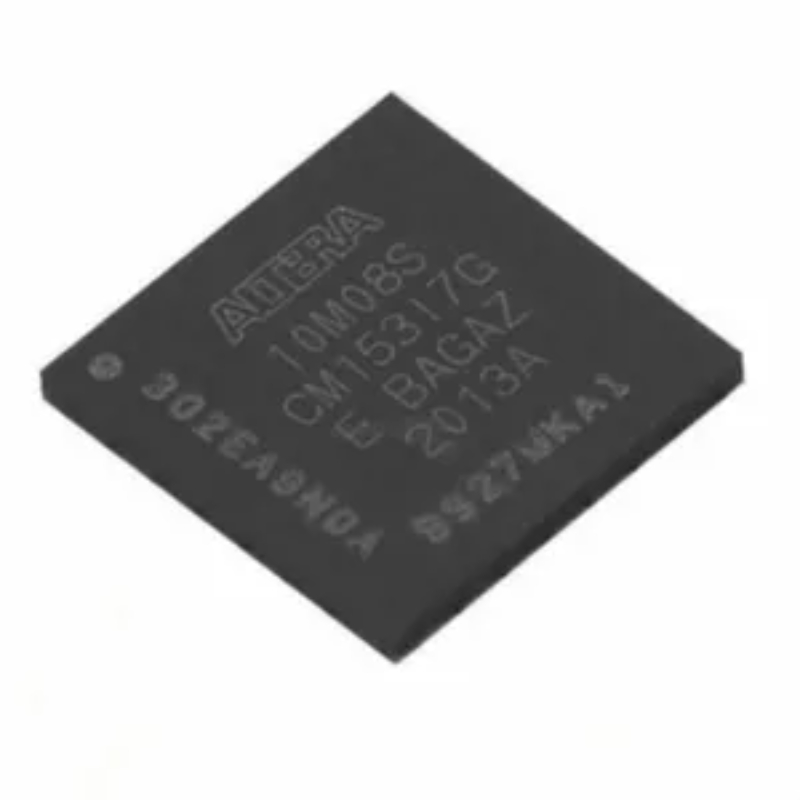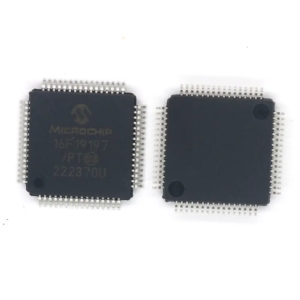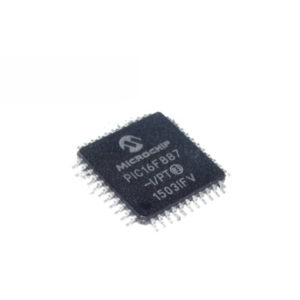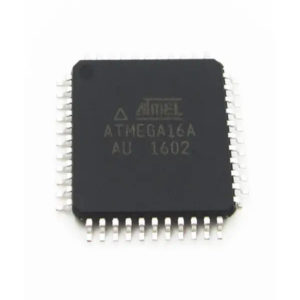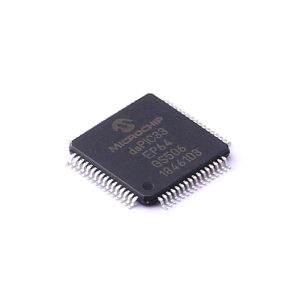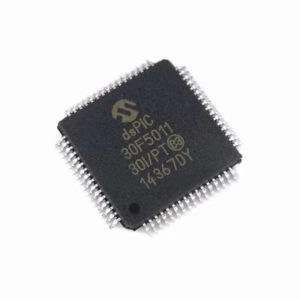10M08SCM153I7G
| Manufacturer | Altera |
| Description | IC FPGA 112 I/O 153MBGA |
| Category | Integrated Circuit |
| Package | BGA-153 |
| Status | New & original |
| Ship From | HK/SHENZHEN |
| Stocks | 10,000 |
Please submit your BOM List or Input the part online
Description
The component “10M08SCM153I7G” appears to be an FPGA (Field-Programmable Gate Array) from Intel’s Cyclone 10 series. FPGAs in the Cyclone 10 family offer a balance between cost, power consumption, and performance.
FPGAs are programmable integrated circuits that allow users to configure digital logic circuits and create custom digital designs. They consist of an array of configurable logic blocks, interconnects, and I/O (input/output) resources. The configuration of an FPGA can be modified or reprogrammed to implement different logic functions or complex digital systems.
Based on the naming convention used by Intel for their FPGA products, “10M08SCM153I7G” likely represents a specific variant, speed grade, or package type details of the FPGA.
The application of the “10M08SCM153I7G” FPGA would depend on its characteristics, features, and the requirements of the project or system it is being used in. Generally, FPGAs like the Cyclone 10 series find applications in various fields, including:
1. Internet of Things (IoT): FPGAs can be used in IoT devices and systems to provide customizable and flexible hardware functionality. They can be employed in applications such as sensor interfaces, edge computing, and data preprocessing.
2. Industrial automation: FPGAs are commonly used in industrial control systems, robotics, and factory automation to implement custom logic and interfaces for controlling machinery, monitoring sensors, and managing processes.
3. Communications and networking: FPGAs are used in communication systems for tasks such as protocol conversion, signal processing, and data packet routing. They can be employed in applications like network switches, routers, and telecommunications equipment.
4. Automotive electronics: FPGAs find applications in automotive systems for functions such as infotainment systems, advanced driver assistance systems (ADAS), and engine control units. They provide the flexibility to adapt to different requirements and standards.



















































